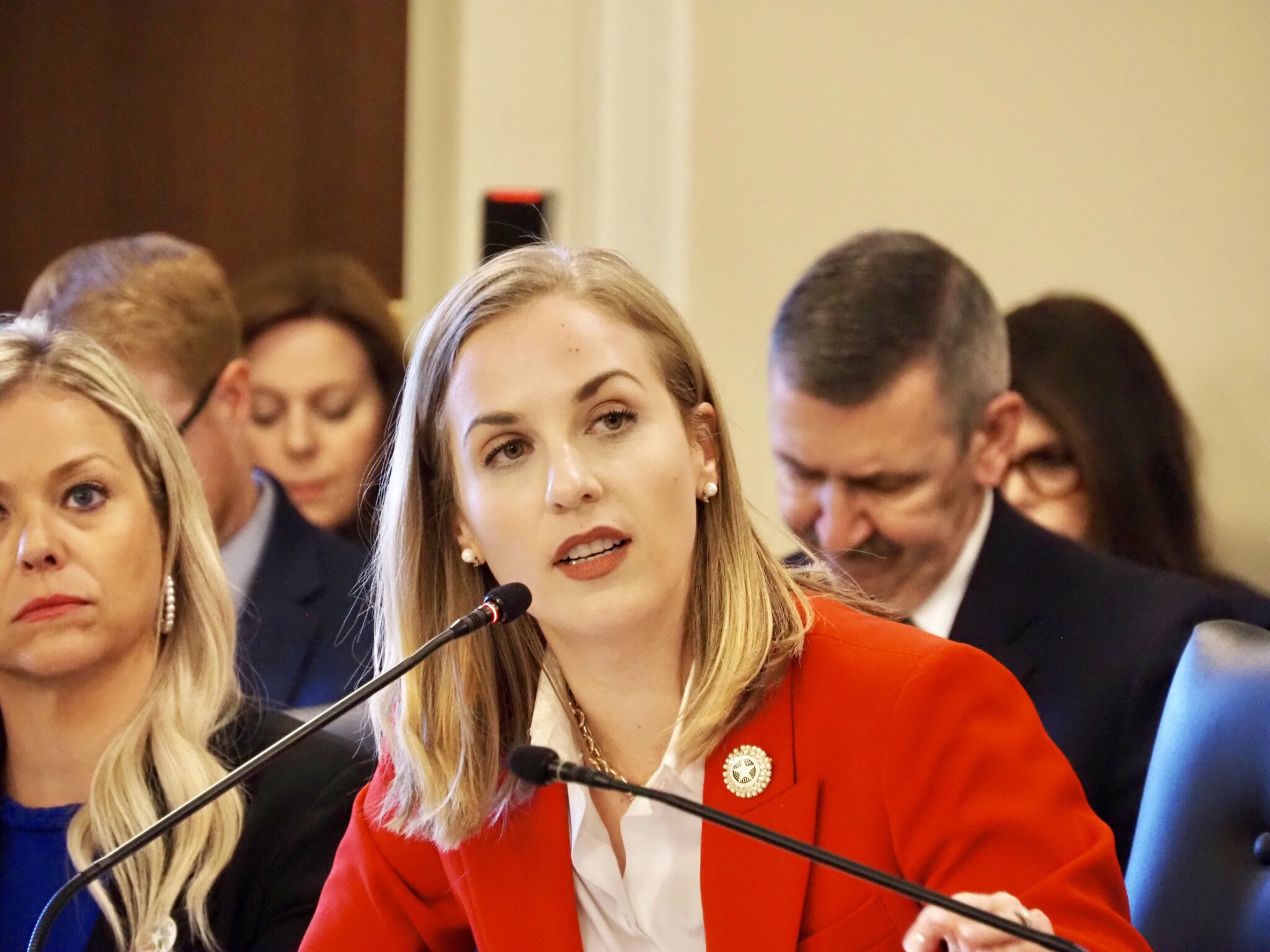Environmental Watchdogs Blast Rollback of Critical Land Protection Regulation

In a bold move that threatens the future of America's public lands, the Trump administration has announced plans to revoke the groundbreaking Conservation and Landscape Health Rule, a pivotal policy that revolutionized public land management. Defenders of Wildlife is speaking out strongly against this decision, highlighting the critical importance of the Public Lands Rule in protecting our nation's natural heritage.
The now-endangered rule represented a significant step forward in land management, mandating science-driven decision-making and ensuring a balanced approach to public land use. By requiring careful consideration of conservation alongside other land use priorities, the rule aimed to protect ecological integrity while still supporting multiple uses of our shared natural resources.
At its core, the Public Lands Rule championed sustainability and long-term environmental health, prioritizing strategies that would maximize benefits for all Americans. By emphasizing evidence-based management, the policy sought to preserve our public lands for current and future generations, balancing ecological preservation with responsible land use.
Defenders of Wildlife is unequivocal in its condemnation of this rollback, warning that the administration's move could have far-reaching and potentially devastating consequences for America's precious public lands and the diverse ecosystems they support.








